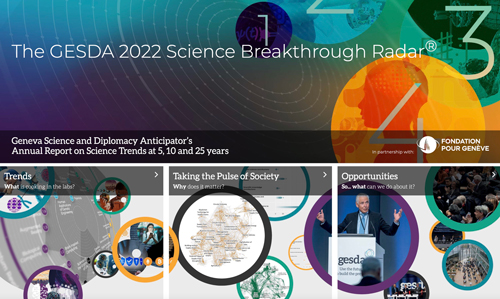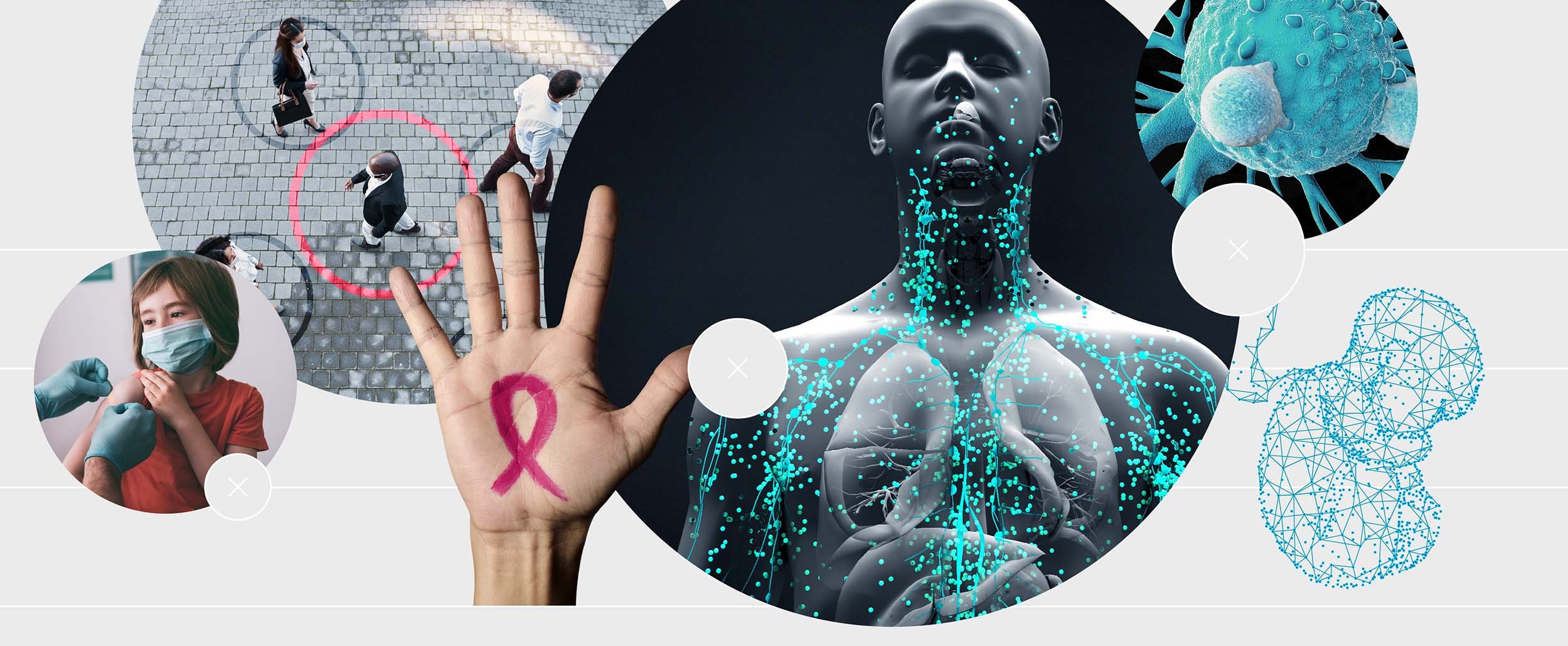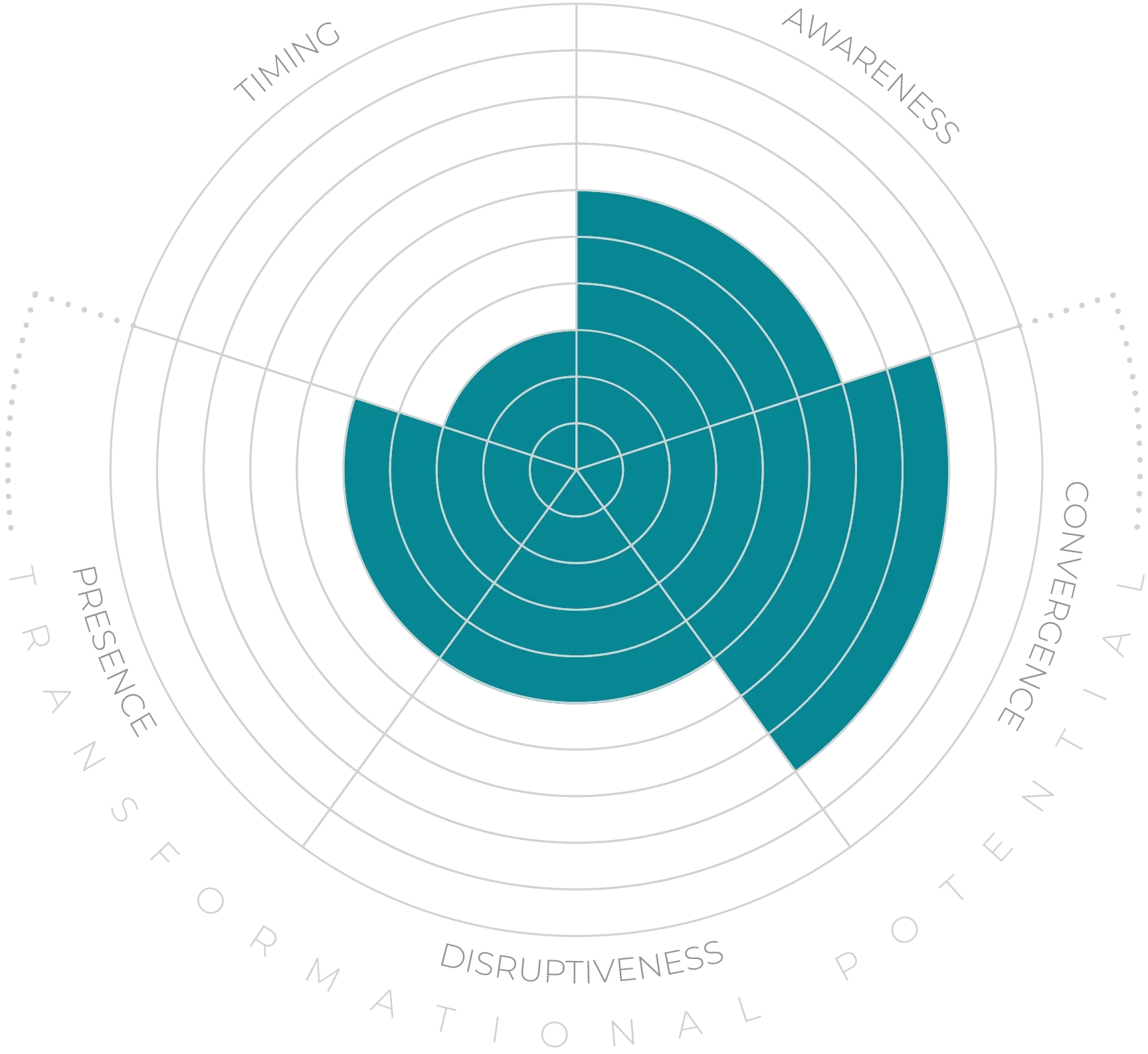Targeting T-cells has proven clinically powerful in treating cancer.27 There is also compelling evidence that targeting the immune system may work on depression.28
Furthermore, many immune events leave lasting marks, as cells express particular antibodies and T cell receptor genes with an increased frequency.29 This “immunome” is a personalised record of a person's immune status; reading and mapping these rearrangements in an individual who has been exposed to disease, vaccination, cancer and other “foreign” material is likely to become clinically useful in the near future. It could facilitate medical diagnosis and treatment. Progress in digital technologies and artificial intelligence will allow us to model parts of the immunome and its complex interactions. Access to data, coordination and data-sharing at a global scale remains a challenge.
In principle, this makes it possible to compile a record of an individual's immune responses, which can help in clinical decision-making. With enough examples, it should be possible to create population-level diagnostic tests for disease. A better understanding of the immunome will also help us to work with it, rather than against it, when designing the next generation of implants, including neural prosthetics, replacement organs and nano-drug delivery systems. In the longer term, through modelisation, a personalised immunome could be established, leading to new boundaries in personalised medicine.


